Welcome
I started this blog in 2013 to share my reflections on reading, writing and psychology, along with my journey to become a published novelist. I soon graduated to about twenty book reviews a month and a weekly 99-word story. Ten years later, I've transferred my writing / publication updates to my new website but will continue here with occasional reviews and flash fiction pieces, and maybe the odd personal post.
|
I’m sharing my thoughts on two historical novels I’ve read recently, both featuring young women struggling to survive against the odds. The first is set in England in the 1660s, the second in Italy a century earlier.
10 Comments
These two unconventional novels address the difficulties of reconciliation to individual and societal involvement in the exploitation and annihilation of other communities and ethnic groups. Neither tells a straightforward story, but I struggled most with the structure and style of the first. This is a pity, as I’d like to have learned more about the persecution and murder of Guyana’s indigenous people. I found the second, about the legacy of the Holocaust for contemporary Germans, an easier read.
Two historical novels in which young people are subject to brutal institutional regimes: in the first as comfort women in Singapore under the Japanese invasion; in the second as supposed offenders in Jim-Crow-era Florida. Both novels contrast the main character’s aspirations prior to captivity with their struggle to survive unspeakable cruelties with their sanity intact, and the scars they carry for the rest of their lives. Thankfully, for the reader who can vicariously accompany them, there’s some hope of redemption by the end. Read on, or jump to the end of the post for this week’s 99-word story.
Two novels about marginalised people, the first actually about travellers – or tinkers as the often refer to themselves in this novel – in Scotland; the second about migrants from Africa in Europe, beginning in Berlin. My reviews are followed by this week’s 99-word story prompted by the Carrot Ranch.
I wouldn’t blame you if the opening has put you off my most recently published short story (or the length at over 3000 words) but, if you do choose to read it, you might be able to help me decide where, if anywhere, to take these ideas next.
Setting a novel in the near future requires two extra decisions. To what extent will this imagined world differ from what’s familiar today? What defines that difference? Although the social, environmental and technological developments or regressions in this fictional landscape are inevitably interlinked, one factor tends to dominate (and perhaps determines the readership to which it most appeals). At least that’s what I’ve been thinking since reading The Unit and Anna back-to-back (as well as recent dabbling in one of the subgenres myself). In the first, a democratic society has agreed (over time) that the lives of economically and socially unproductive citizens can be sacrificed for the common good. In the second, feral children roam a post-apocalyptic world in which adults have been wiped out by a virus and most of the infrastructure by a fire. Tempted? Read on!
|
entertaining fiction about identity, mental health and social justice
Annecdotal is where real life brushes up against the fictional.
Annecdotist is the blogging persona of Anne Goodwin:
reader, writer, slug-slayer, tramper of moors, recovering psychologist, struggling soprano, author of three fiction books. LATEST POSTS HERE
I don't post to a schedule, but average around ten reviews a month (see here for an alphabetical list), some linked to a weekly flash fiction, plus posts on my WIPs and published books. Your comments are welcome any time any where. Get new posts direct to your inbox ...
or click here …
Popular posts
Categories/Tags
All
Archives
March 2024
BLOGGING COMMUNITIES
|
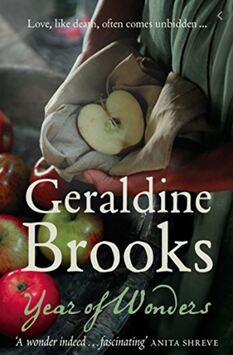
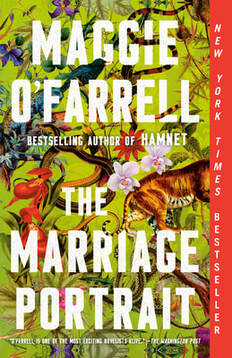

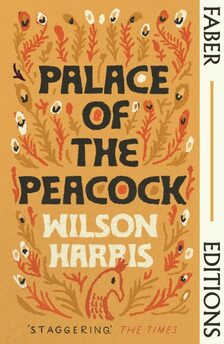

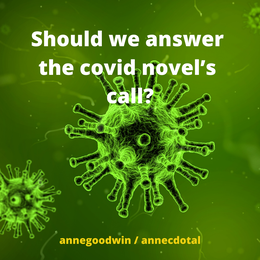
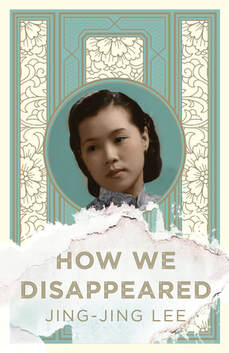
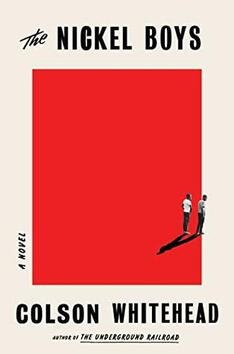
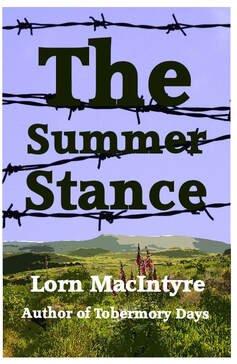
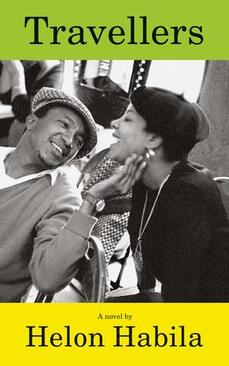
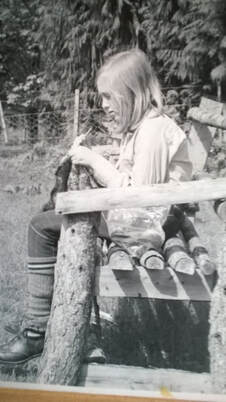



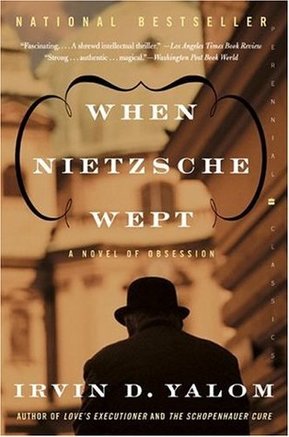
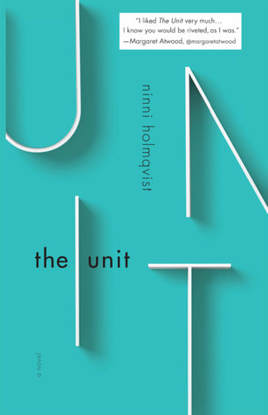
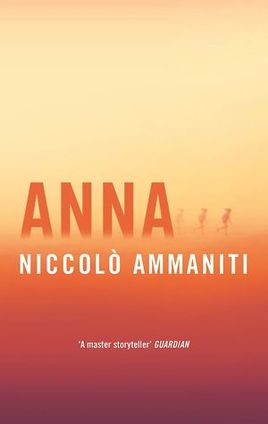





















 RSS Feed
RSS Feed





















